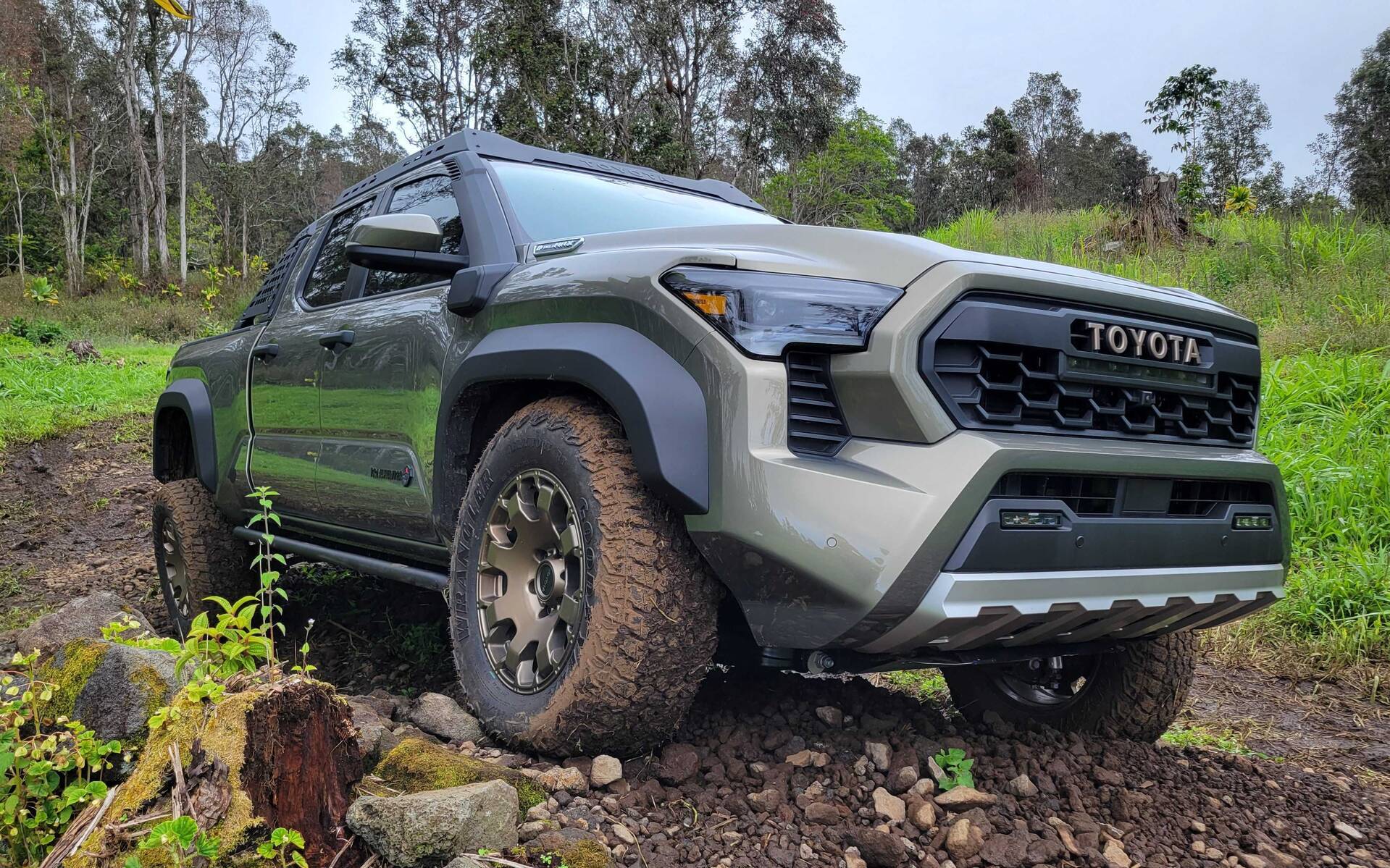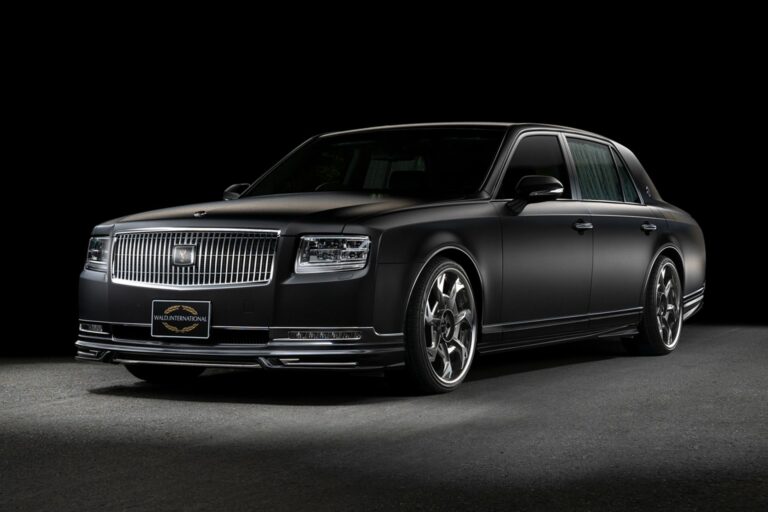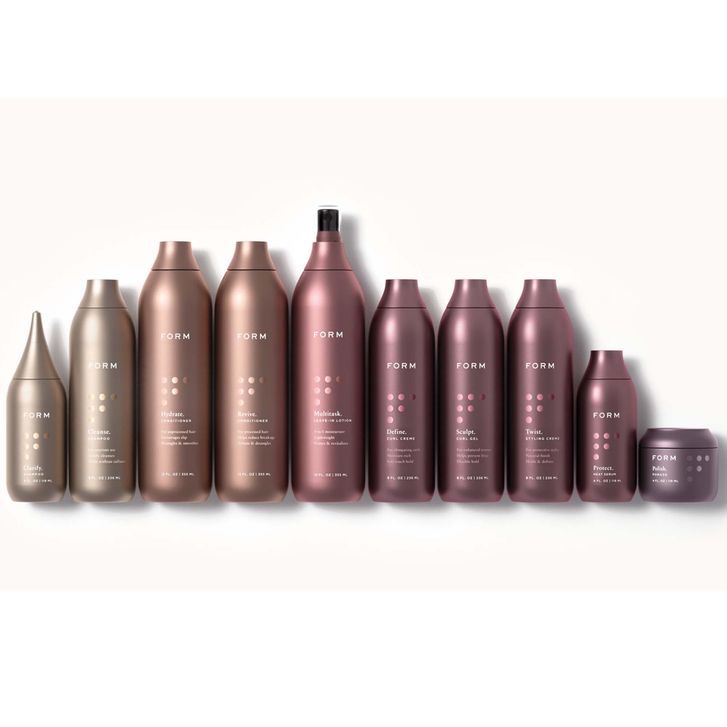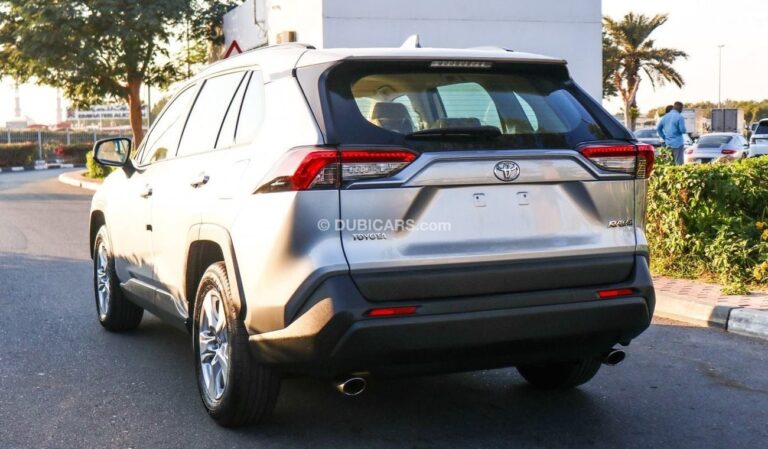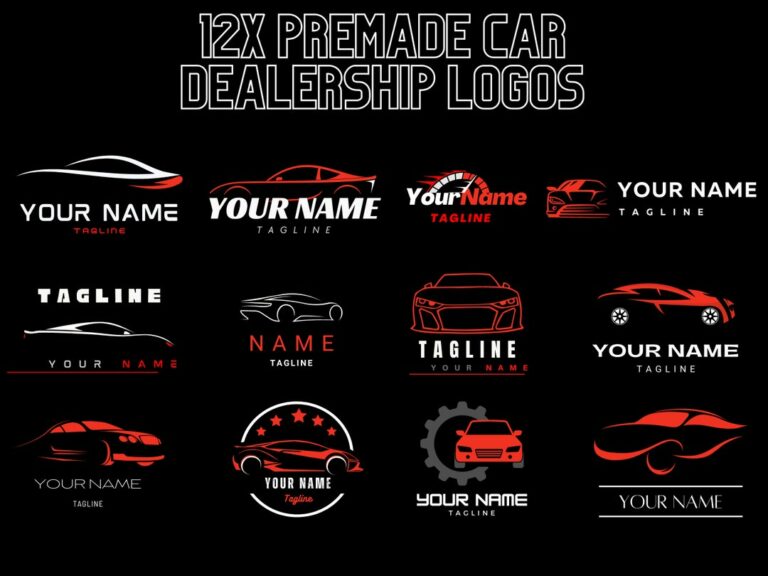Is Toyota A Good Car Brand? A Comprehensive Guide
Is Toyota A Good Car Brand? A Comprehensive Guide cars.truckstrend.com
The question, "Is Toyota a good car brand?" is one of the most frequently asked by prospective car buyers worldwide. In an automotive market brimming with options, Toyota stands as a colossus, consistently lauded for its quality, reliability, and value. But what exactly underpins this reputation, and does it truly live up to the hype? This comprehensive article delves deep into the multifaceted aspects that define Toyota as an automotive brand, exploring its strengths, considerations, and what makes it a perennial favorite for millions.
The Enduring Legacy of Toyota: An Introduction
Is Toyota A Good Car Brand? A Comprehensive Guide
For decades, Toyota has been synonymous with dependable transportation. From bustling city streets to rugged off-road trails, Toyota vehicles have proven their mettle across diverse environments and ownership experiences. The brand’s journey began in 1937, evolving from a loom manufacturer to a global automotive powerhouse. Its commitment to meticulous engineering, continuous improvement (Kaizen), and customer satisfaction has forged a legacy of trust that few competitors can match.
At its core, assessing whether Toyota is a "good" car brand involves examining several critical dimensions: reliability, safety, resale value, innovation, driving experience, and overall ownership cost. This guide will unpack each of these facets, providing you with a thorough understanding of what you can expect when you choose a Toyota.
The Pillars of Toyota’s Reputation: Why It Stands Out
Toyota’s status as a top-tier automotive brand isn’t accidental; it’s built upon several foundational principles that have been refined over generations.
Unparalleled Reliability and Durability
Perhaps the most celebrated attribute of Toyota vehicles is their legendary reliability. Year after year, independent surveys by organizations like J.D. Power, Consumer Reports, and Kelley Blue Book consistently place Toyota among the top performers in terms of long-term dependability and fewer reported issues. This translates directly to peace of mind for owners, who can expect their vehicles to start consistently, perform as intended, and require fewer unscheduled repairs. This robustness is often attributed to Toyota’s rigorous manufacturing processes and quality control.
Exceptional Resale Value
A direct consequence of Toyota’s reliability is its outstanding resale value. Toyota vehicles, particularly popular models like the RAV4, Camry, Tacoma, and Highlander, consistently command higher prices in the used car market compared to many of their competitors. This strong depreciation protection means that when it comes time to sell or trade in your Toyota, you’re likely to recoup a larger portion of your initial investment, significantly reducing the total cost of ownership over time.
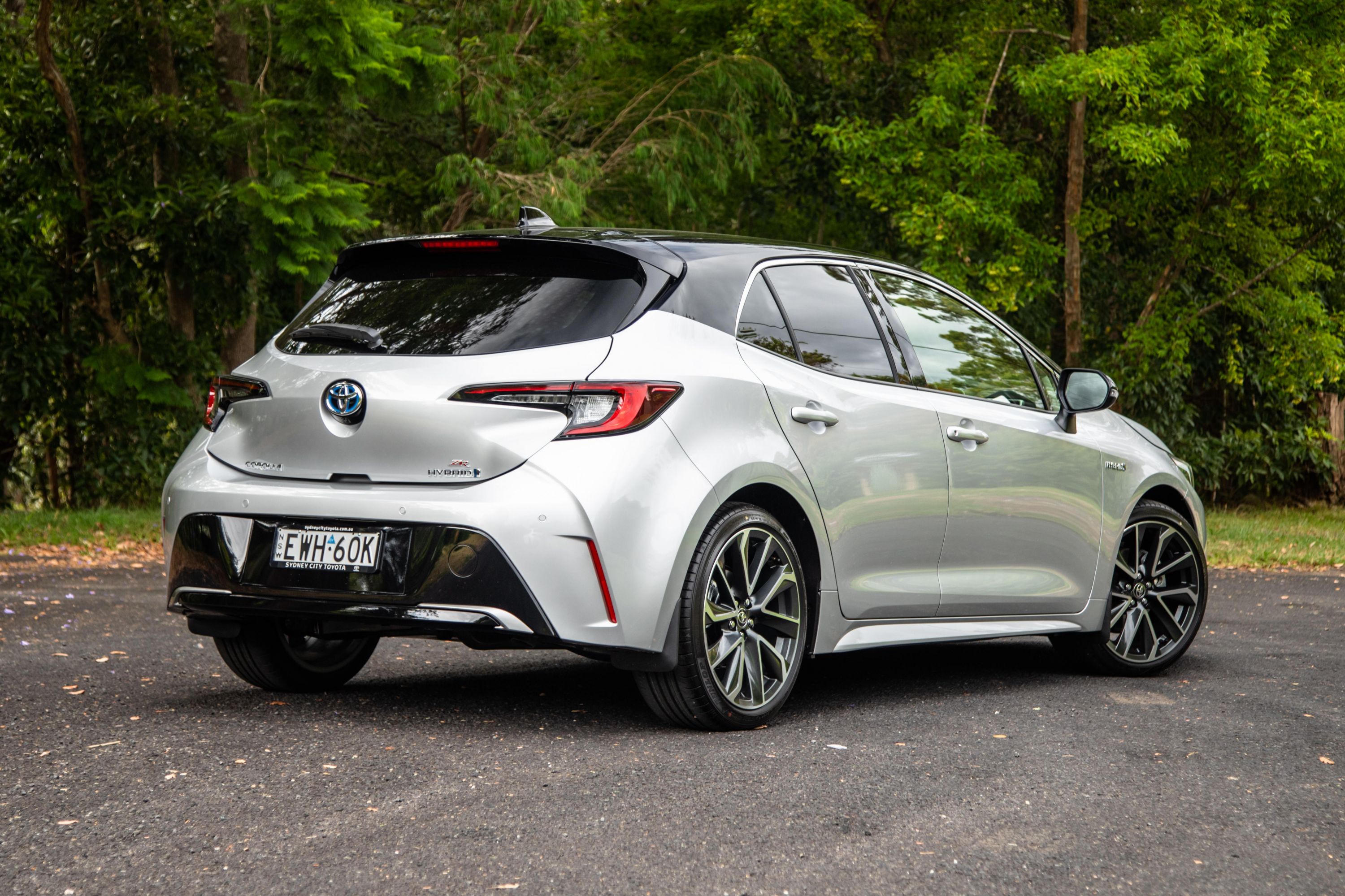
Commitment to Safety
Safety is a non-negotiable for modern car buyers, and Toyota has made it a cornerstone of its vehicle development. The brand has been a pioneer in integrating advanced safety features across its lineup, notably with the widespread adoption of Toyota Safety Sense (TSS). This comprehensive suite of active safety technologies includes features like Pre-Collision System with Pedestrian Detection, Lane Departure Alert with Steering Assist, Dynamic Radar Cruise Control, and Automatic High Beams. These systems work proactively to help prevent accidents or mitigate their severity, contributing to high crash test ratings from organizations like the IIHS (Insurance Institute for Highway Safety) and NHTSA (National Highway Traffic Traffic Safety Administration).
Pioneering Hybrid Technology and Environmental Consciousness
Toyota revolutionized the automotive industry with the introduction of the Prius in the late 1990s, ushering in the era of mass-produced hybrid vehicles. Today, Toyota offers a vast array of hybrid options across almost its entire model lineup, from the Corolla Hybrid to the Highlander Hybrid and Sienna minivan. This commitment to fuel efficiency and reduced emissions not only appeals to environmentally conscious consumers but also translates into significant long-term fuel savings for owners. The brand continues to invest heavily in alternative powertrains, including plug-in hybrids (PHEVs) and battery electric vehicles (BEVs), signaling a strong future commitment to sustainable mobility.
The Toyota Production System (TPS) and Quality Manufacturing
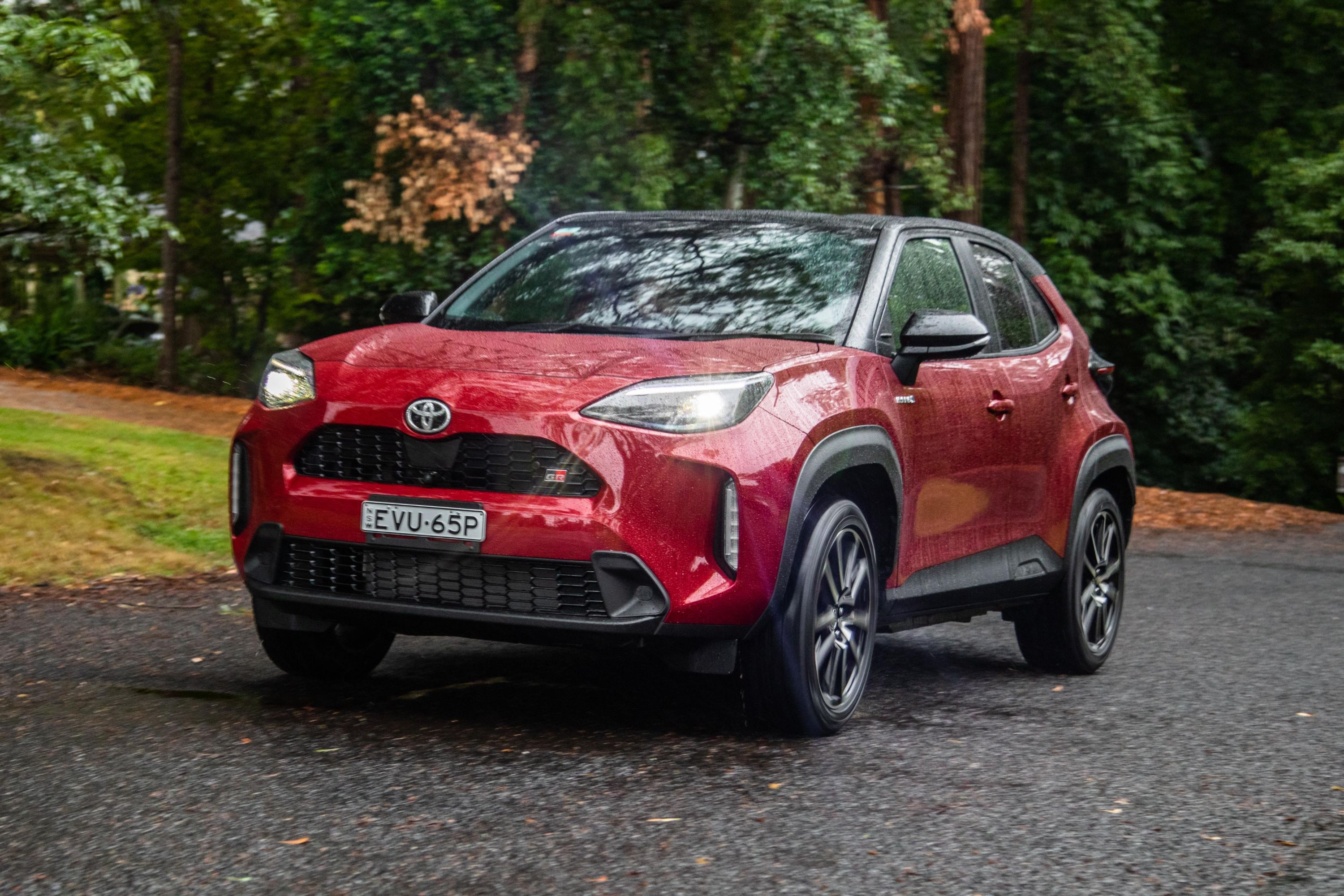
Behind Toyota’s consistent quality lies the renowned Toyota Production System (TPS). This philosophy, centered on "Just-in-Time" production and "Jidoka" (automation with a human touch), emphasizes efficiency, waste reduction, and, critically, error prevention. Every component is meticulously checked, and employees are empowered to stop the production line if a defect is found, ensuring that quality is built in at every stage rather than merely inspected at the end. This meticulous approach is a significant factor in the brand’s low defect rates and high durability.
Benefits of Choosing a Toyota
Beyond the core pillars, owning a Toyota brings several tangible benefits to the consumer:
- Peace of Mind: With a Toyota, you spend less time worrying about breakdowns and more time enjoying the drive.
- Lower Total Cost of Ownership: Combining excellent fuel economy, reasonable maintenance costs, and superior resale value, Toyotas are often more economical to own over their lifespan.
- Broad Model Range: Whether you need a compact city car, a family SUV, a rugged pickup, or a fuel-efficient hybrid, Toyota’s diverse lineup likely has a vehicle to suit your specific needs and lifestyle.
- Extensive Dealer Network and Service: Toyota boasts one of the largest and most well-established dealer networks globally, ensuring easy access to certified service, genuine parts, and expert technicians.

Understanding Toyota’s Design Philosophy and Driving Dynamics
While Toyota excels in reliability and practicality, its design philosophy and driving dynamics have sometimes been a point of discussion.
Practicality Over Flash (Historically)
For many years, Toyota’s designs were often described as conservative or utilitarian. The focus was squarely on functionality, interior space, and ease of use, rather than groundbreaking aesthetics or thrilling driving dynamics. This appealed to a broad segment of buyers who prioritized dependability and value.
Evolving Aesthetics and Driving Engagement
In recent years, however, Toyota has actively sought to inject more style and excitement into its vehicles. Newer models like the current generation Camry, Corolla, and RAV4 feature bolder, more expressive designs. Furthermore, the introduction of the "GR" (Gazoo Racing) performance sub-brand with models like the GR Supra, GR86, and GR Corolla showcases Toyota’s capability to build genuinely engaging and performance-oriented vehicles, challenging the "boring" stereotype. While the mainstream models still prioritize comfort and practicality, they now offer a more refined and enjoyable driving experience than before.
Important Considerations and Potential Challenges
Despite its many strengths, no brand is without its considerations. For Toyota, these typically include:
- Initial Price Point: While offering excellent long-term value, the initial purchase price of a new Toyota can sometimes be slightly higher than some direct competitors, particularly for entry-level models. However, this is often offset by lower depreciation and running costs.
- Driving Excitement (Subjective): While improving, some enthusiasts might still find certain mainstream Toyota models less "engaging" to drive compared to European or some American rivals known for their sportier handling or more powerful base engines.
- Technology Integration (Historically): Toyota has sometimes been slower to adopt the absolute bleeding edge of infotainment and connectivity features compared to some competitors. However, this gap has significantly narrowed in recent models, with modern infotainment systems, Apple CarPlay, and Android Auto becoming standard.
Types and Categories of Toyota Vehicles
Toyota’s comprehensive lineup caters to virtually every segment of the market:
- Sedans: The enduring Corolla (compact) and Camry (mid-size) remain best-sellers, known for their efficiency and comfort. The new Crown redefines the large sedan segment.
- SUVs/Crossovers: This is a booming segment for Toyota, with popular models like the RAV4 (compact), Highlander (mid-size 3-row), 4Runner (rugged, off-road capable), and the new Grand Highlander offering diverse sizes and capabilities.
- Trucks: The Tacoma (mid-size) is an off-road legend, and the Tundra (full-size) competes robustly in the demanding pickup truck market.
- Minivans: The Sienna minivan, now exclusively hybrid, continues to be a top choice for families needing maximum passenger and cargo space.
- Hybrids/PHEVs/EVs: The Prius remains the iconic hybrid, but hybrid powertrains are available across nearly the entire lineup, including the RAV4 Prime (PHEV) and the bZ4X (all-electric SUV).
- Performance (GR Line): For those seeking thrills, the GR Supra, GR86, and GR Corolla offer focused, engaging driving experiences.
Practical Advice for Prospective Toyota Buyers
If you’re considering a Toyota, here’s some actionable advice:
- Define Your Needs: Before looking at specific models, determine your priorities: budget, passenger capacity, cargo space, fuel economy, off-road capability, and desired features.
- Research Specific Models: Don’t just buy "a Toyota." Research the specific model and trim level that aligns with your needs. Read professional reviews and owner testimonials.
- Test Drive Thoroughly: Spend ample time on a test drive, replicating your typical driving conditions (city, highway). Pay attention to comfort, visibility, handling, and technology.
- Consider Certified Pre-Owned (CPO): A Toyota CPO vehicle offers the reliability of a new car with a lower price tag, often including an extended warranty and roadside assistance.
- Factor in Total Cost of Ownership: Look beyond the sticker price. Consider fuel efficiency, insurance costs, expected maintenance, and the excellent resale value when making your decision.
Toyota Model Price Table (Estimated MSRP Range – USD)
Please note that these are estimated Manufacturer’s Suggested Retail Prices (MSRP) and can vary significantly based on trim level, options, regional incentives, and model year. They are provided as a general guide.
| Model (Example) | Category | Estimated MSRP Range (USD) | Key Feature/Note |
|---|---|---|---|
| Corolla | Compact Sedan/Hatchback | $22,000 – $28,000 | Fuel-efficient, highly reliable daily driver; also available as a hybrid. |
| Camry | Mid-size Sedan | $26,000 – $37,000 | Comfortable, spacious, strong reliability; popular hybrid variant. |
| RAV4 | Compact SUV | $29,000 – $40,000 | Best-selling SUV, versatile for families and adventurers; Hybrid/PHEV options. |
| Highlander | Mid-size SUV | $39,000 – $55,000 | 3-row family SUV with comfortable ride; excellent hybrid option. |
| Tacoma | Mid-size Pickup Truck | $29,000 – $50,000 | Rugged, off-road capable, legendary durability; strong resale value. |
| Prius | Hybrid Car | $28,000 – $38,000 | Iconic hybrid, exceptional fuel economy; modern, distinctive styling. |
| Tundra | Full-size Pickup Truck | $40,000 – $65,000+ | Powerful, capable hauler for work and play; i-FORCE MAX hybrid option. |
| 4Runner | Mid-size SUV (Body-on-frame) | $41,000 – $58,000 | Off-road icon, legendary durability, classic rugged appeal. |
| Sienna | Minivan | $37,000 – $55,000 | All-hybrid minivan, spacious, comfortable; available AWD. |
| GR Supra | Sports Car | $46,000 – $60,000+ | Performance-oriented coupe, engaging drive, BMW partnership. |
Frequently Asked Questions (FAQ)
Q1: Is Toyota truly reliable, or is it just a marketing myth?
A1: Toyota’s reliability is consistently backed by numerous independent studies (J.D. Power, Consumer Reports, RepairPal) and real-world owner experiences. It’s not a myth; it’s a proven track record.
Q2: Are Toyotas expensive to maintain?
A2: Generally, no. Toyota vehicles are known for their relatively low maintenance costs. Parts are widely available, and their robust engineering often means fewer unexpected repairs compared to many competitors.
Q3: Do Toyotas hold their value well?
A3: Exceptionally well. Toyota vehicles are among the best in the industry for retaining their value over time, making them a smart financial investment.
Q4: Are Toyotas boring to drive?
A4: This is subjective and has been changing. While traditionally prioritizing comfort and practicality over sporty handling, newer Toyota models feature more dynamic designs and improved driving dynamics. The dedicated GR (Gazoo Racing) line offers truly exciting performance vehicles.
Q5: Are Toyota hybrids worth the extra cost?
A5: For most drivers, yes. The initial extra cost for a hybrid is often recouped through significant fuel savings over the vehicle’s lifespan, along with lower emissions and proven hybrid system reliability.
Q6: What is Toyota Safety Sense (TSS)?
A6: Toyota Safety Sense is a suite of active safety features designed to enhance driver awareness and help prevent or mitigate collisions. It includes features like pre-collision systems, lane departure alerts, adaptive cruise control, and automatic high beams, standard on most new Toyota models.
Concluding Summary
So, is Toyota a good car brand? The overwhelming evidence points to a resounding yes. Toyota has meticulously built its reputation on a foundation of unwavering reliability, exceptional safety, and outstanding resale value, making its vehicles a wise and practical choice for a vast majority of drivers. While it has sometimes been criticized for conservative styling or less "exciting" driving dynamics, the brand is actively evolving, bringing bolder designs and more engaging performance to its lineup, alongside its continued commitment to pioneering hybrid technology.
For anyone seeking a vehicle that offers peace of mind, low ownership costs, and dependable transportation for years to come, Toyota remains a benchmark in the automotive industry. It’s a brand that delivers on its promises, consistently proving why it remains one of the most trusted names on the road.
